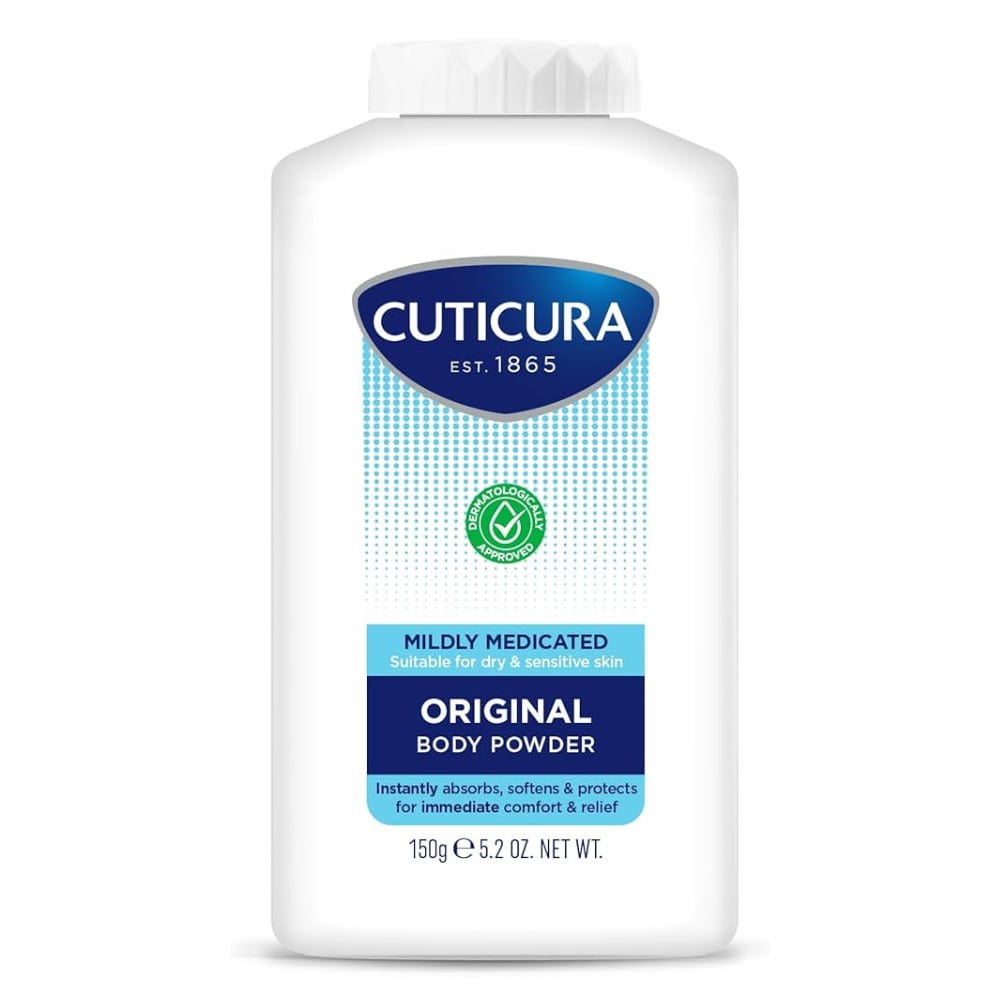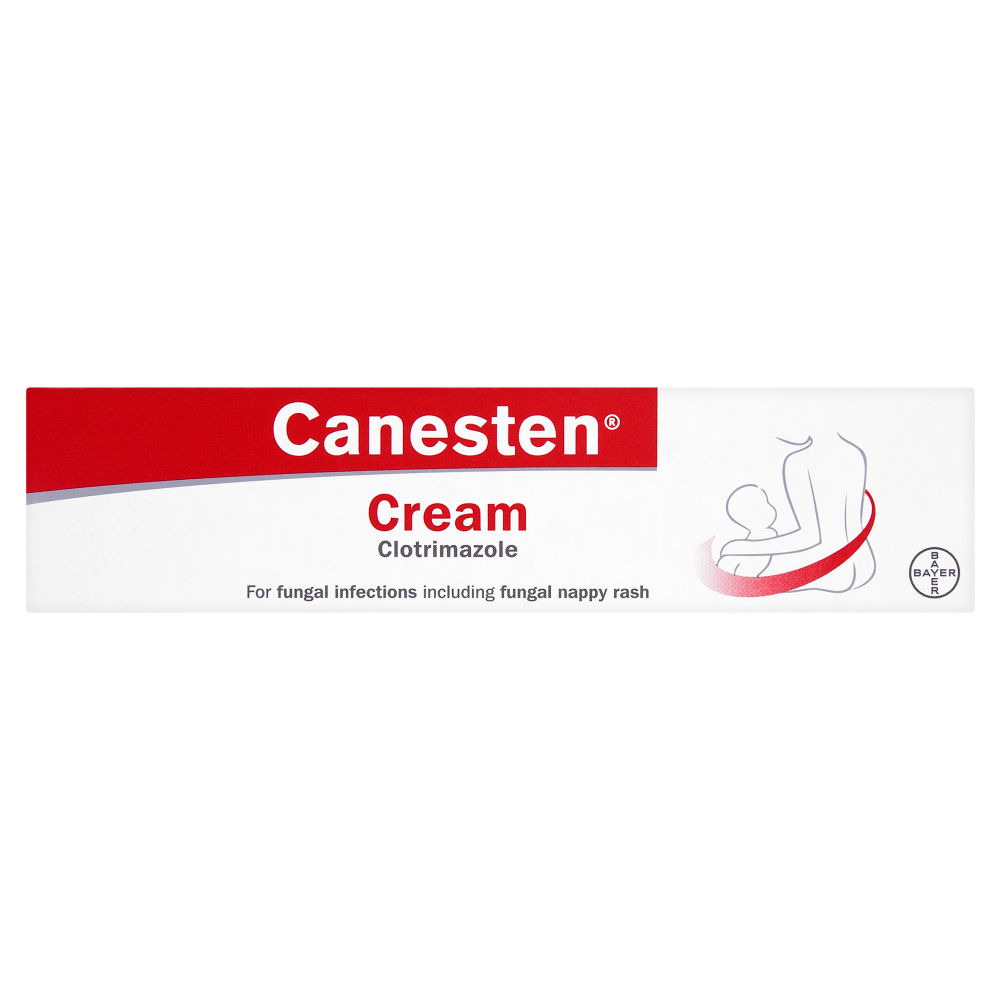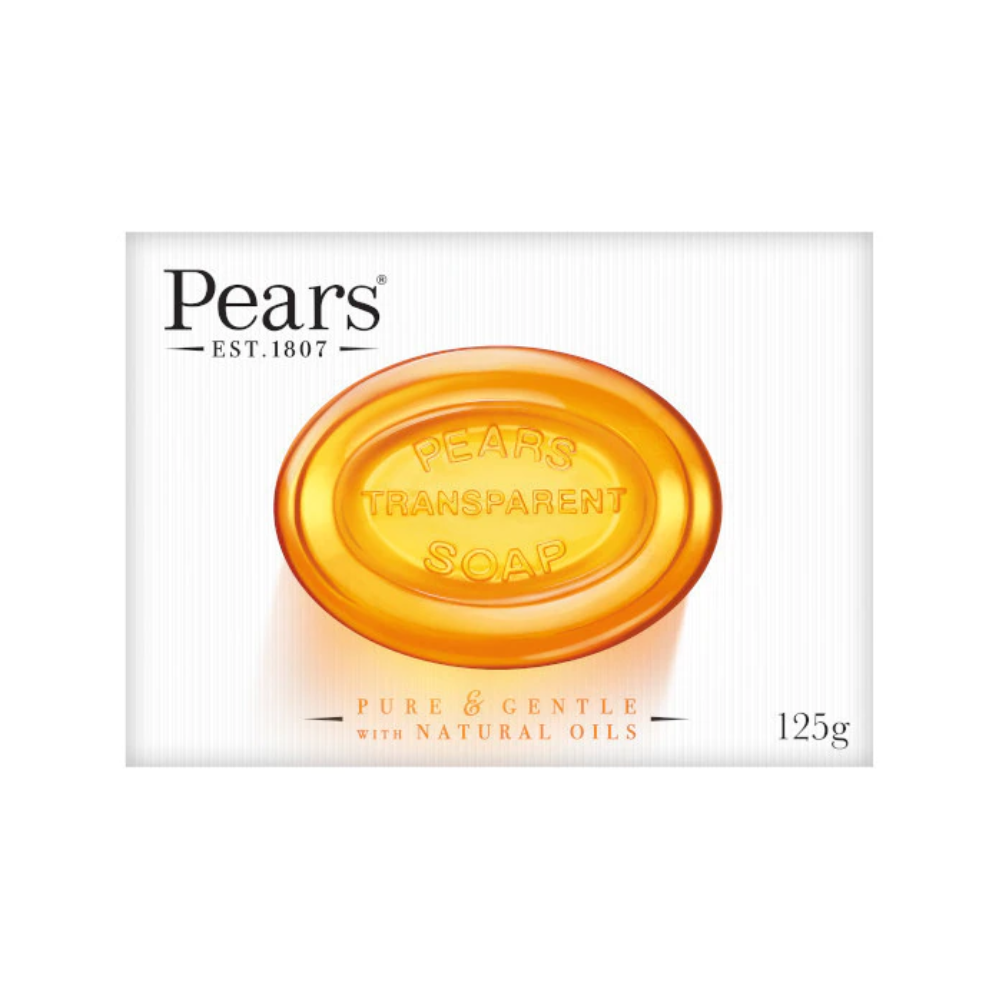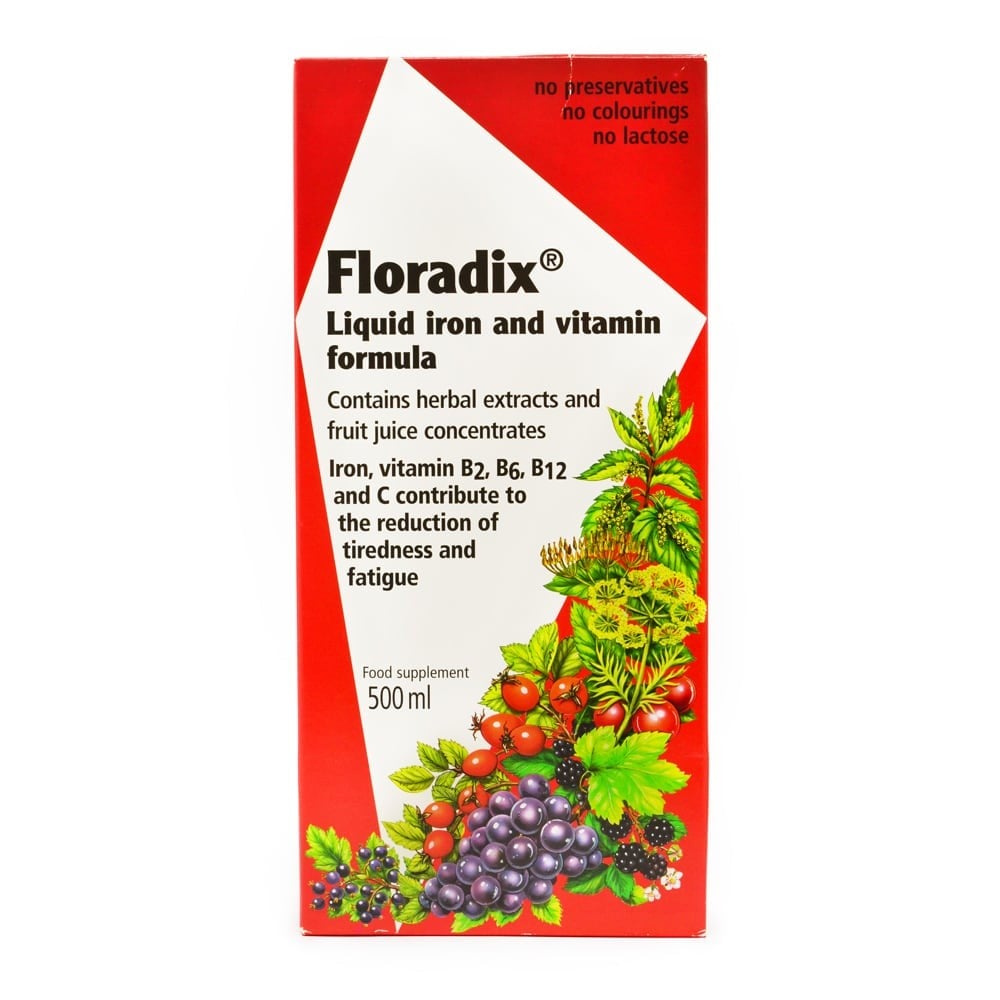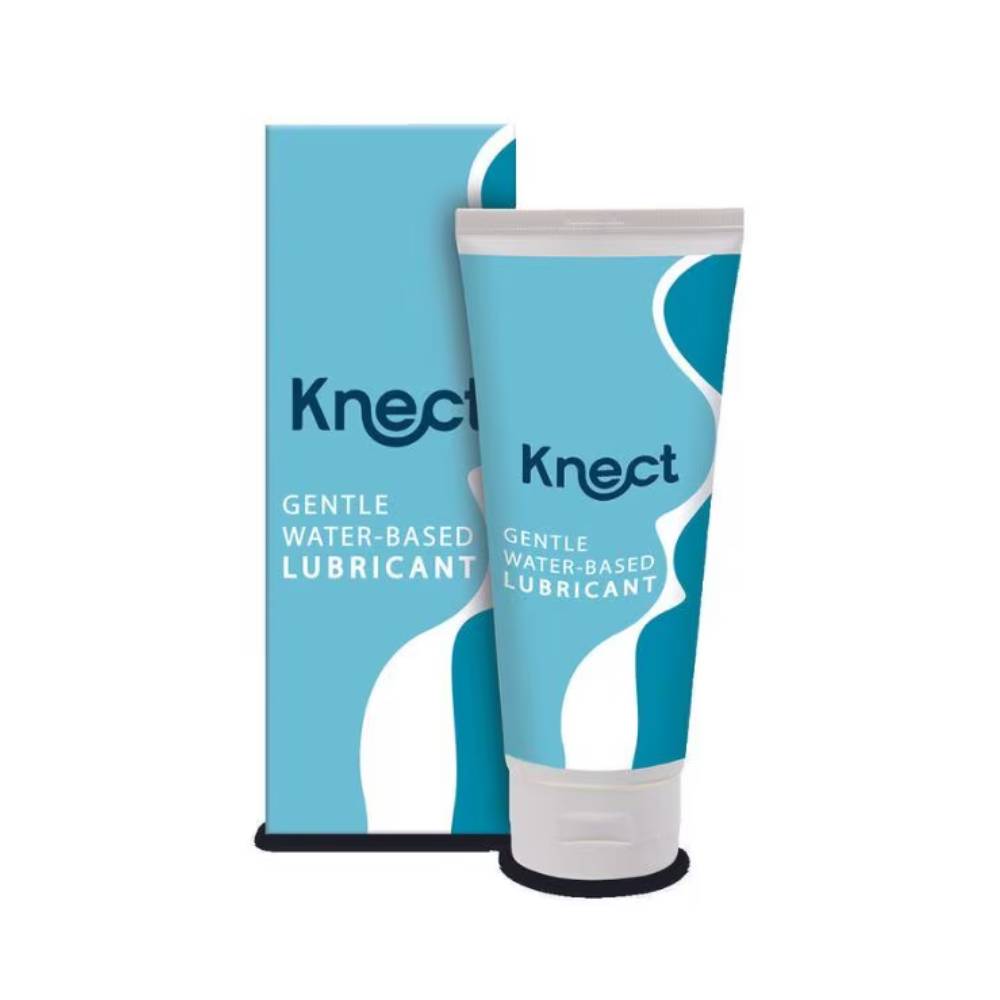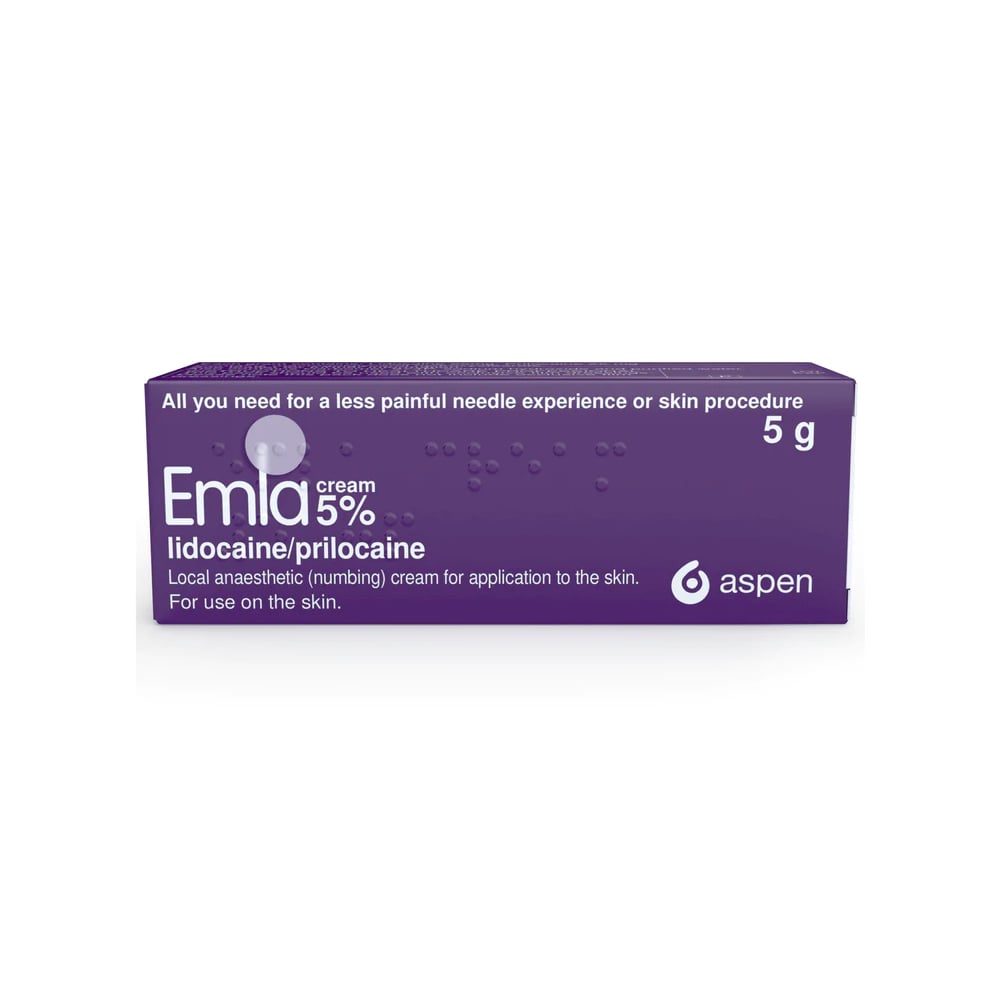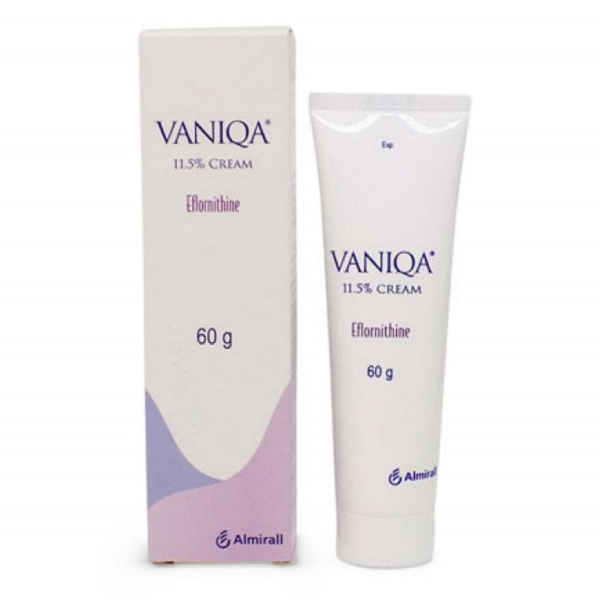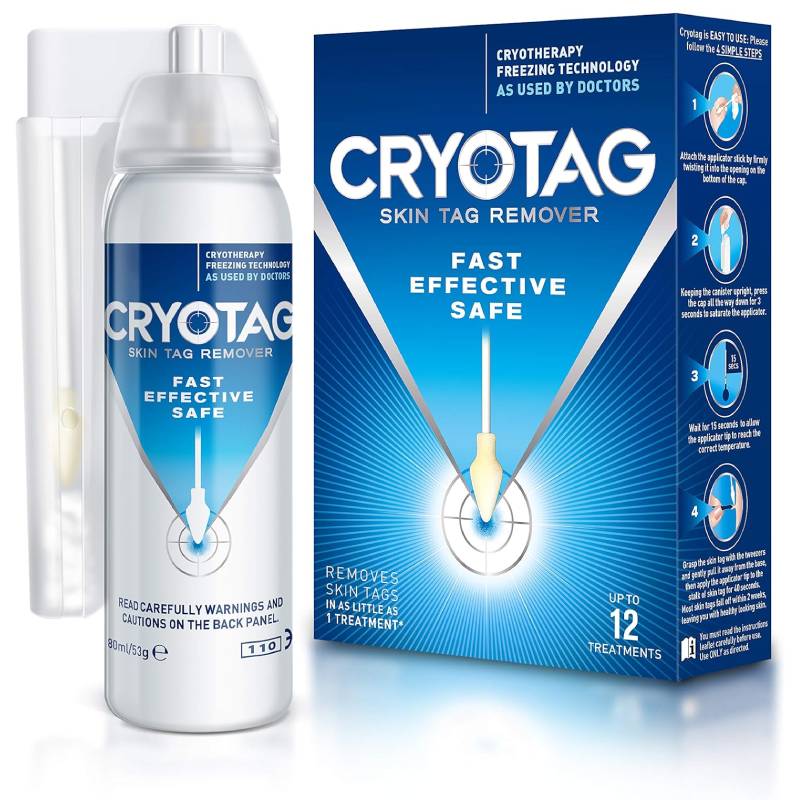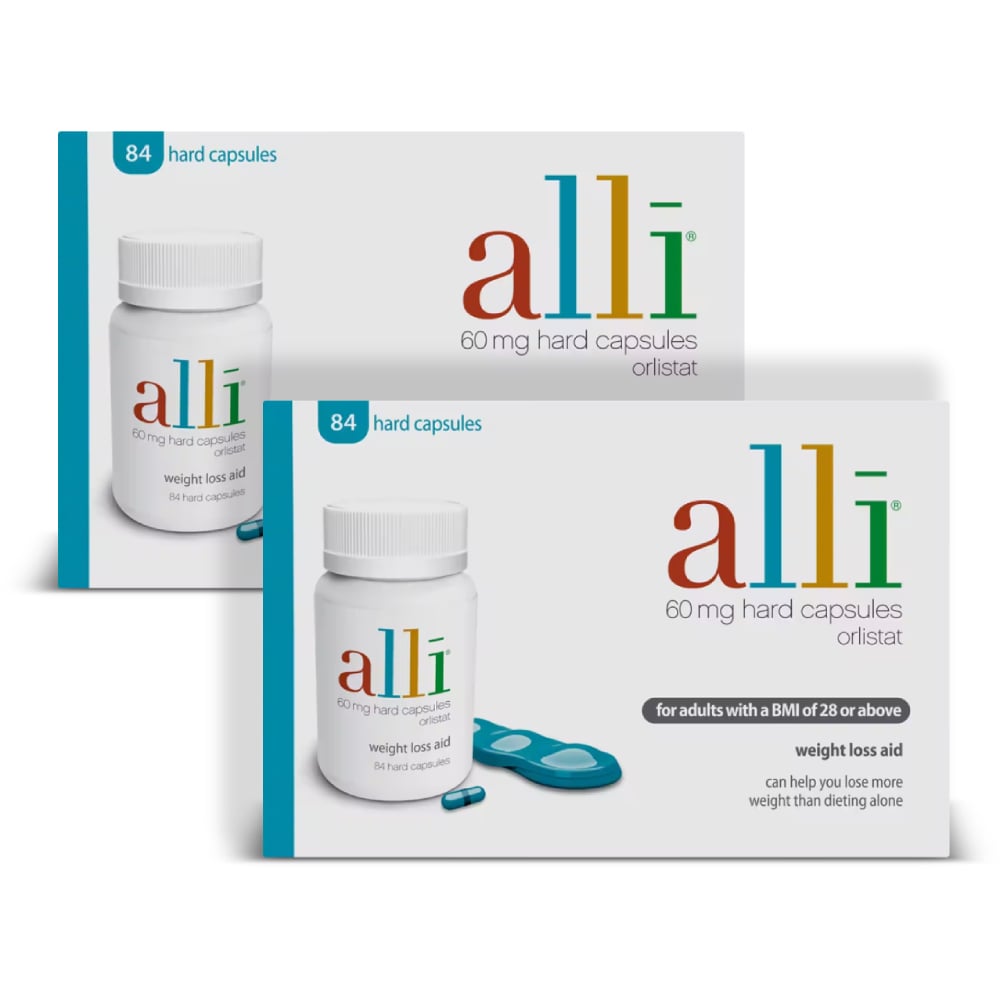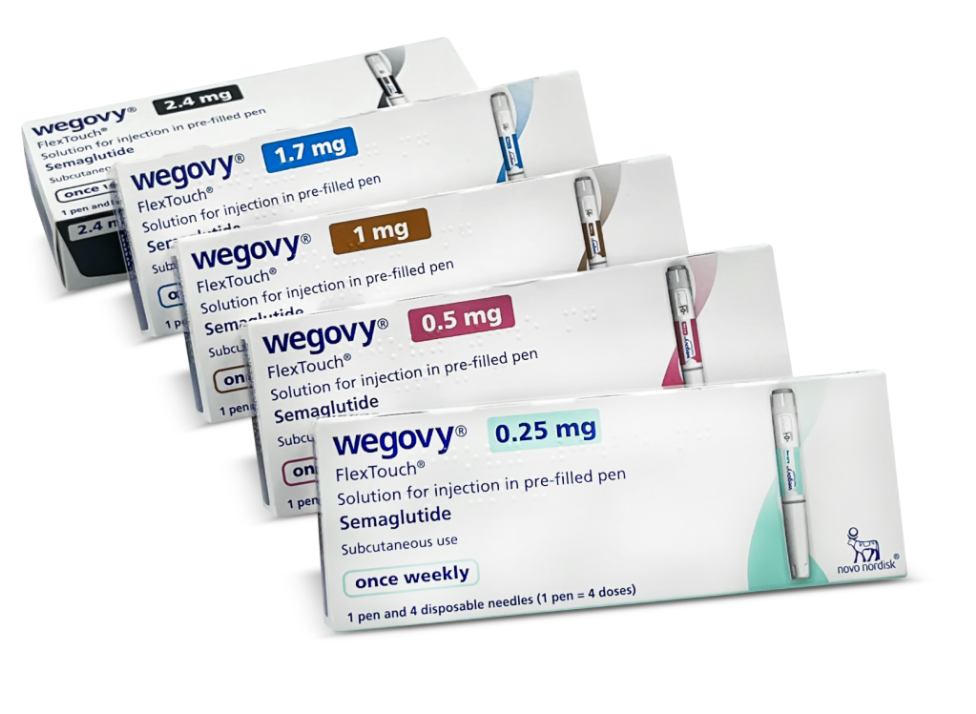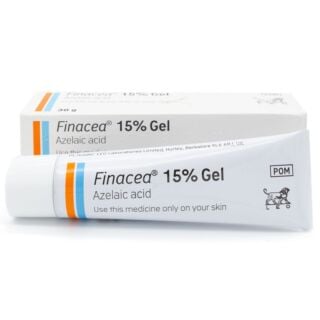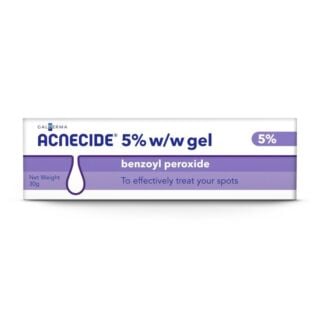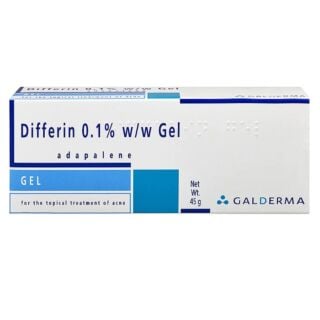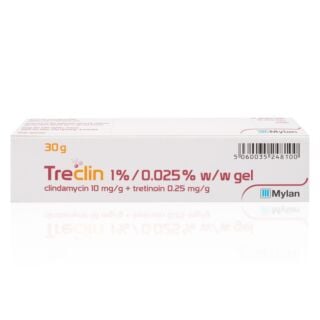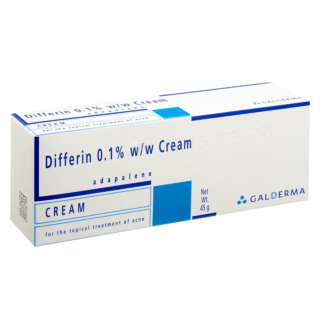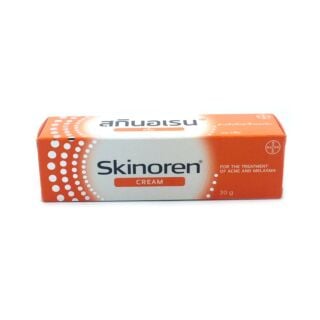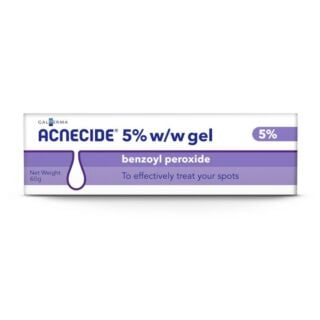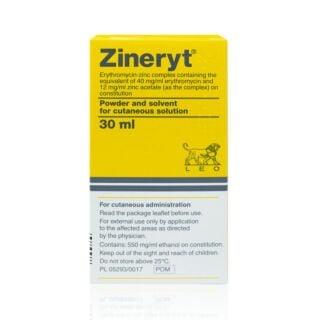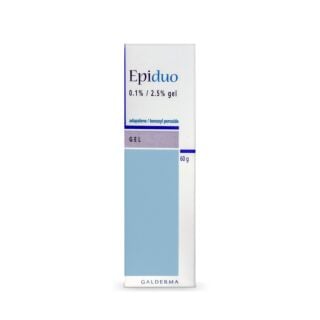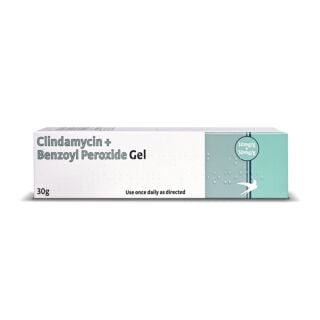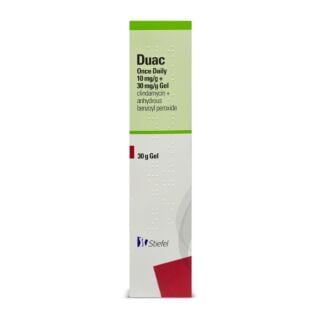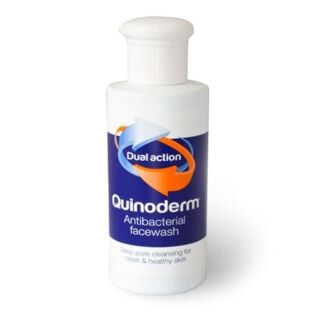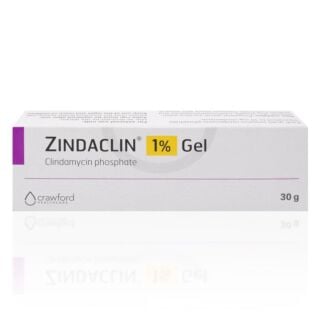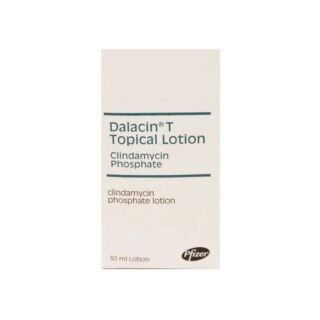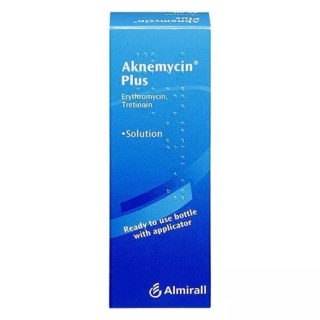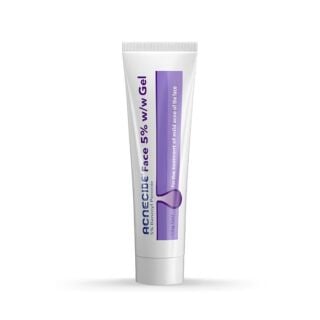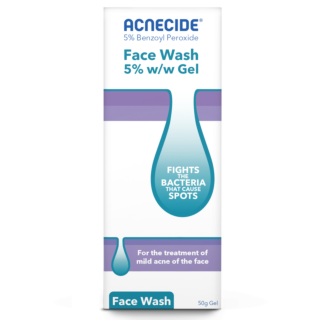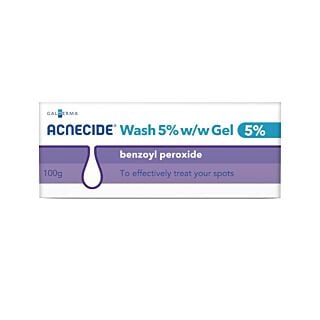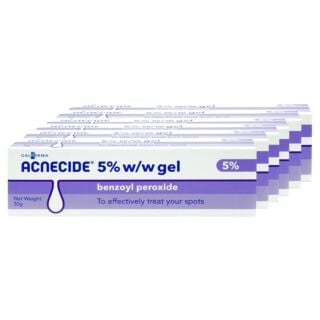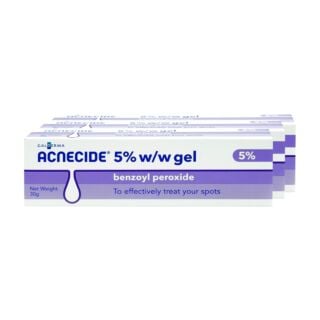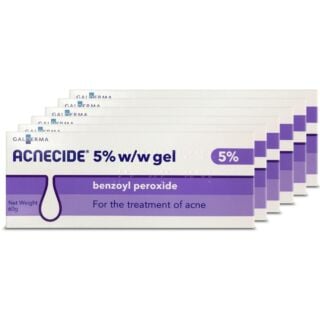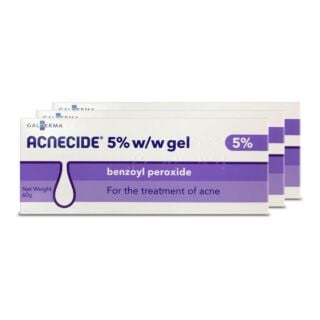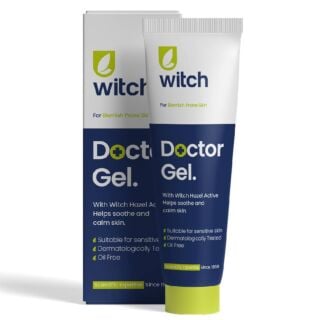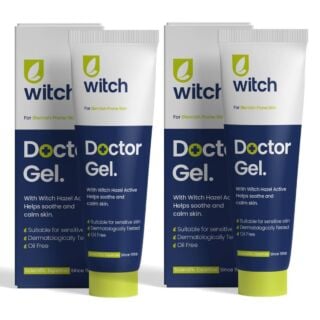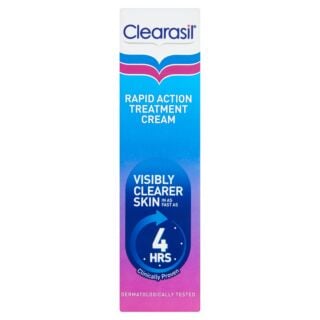Acne Treatment
The scourge of teenagers everywhere, acne affects up to 95% of adolescents in Western industrialised countries to some extent[1]. It also persists into adulthood for a small proportion of individuals, predominantly women[2]. … Read More See less
Acne can be an extremely painful condition, which can make what’s already a source of embarrassment and self-consciousness even more difficult to live with[3]. As a result, acne is a common source of emotional and mental distress for many teenagers and can even contribute to issues such as bullying[4].
Naturally then, if you live with acne, or support someone who does, you may want to get a better understanding of the condition and how it can be treated effectively. Stick with us to find out exactly what acne is, what causes it and the best acne treatments available.
What is acne?
Acne vulgaris is a chronic inflammatory skin disorder that primarily affects the[5]:
- Face – 99% of cases
- Back – 60% of cases
- Chest – 15% of cases
It causes different types of spots, including[6]:
- Non-inflammatory lesions – blackheads (small black or yellowish bumps) and whiteheads (similar to blackheads but they’re firmer and do not empty when squeezed)
- Inflammatory lesions – papules (small red bumps that may feel tender or sore) and pustules (similar to papules, but filled with pus)
- Nodules – large, painful lumps under your skin
- Cysts – large, pus-filled lumps under your skin
Cysts are the most severe type of spot caused by acne and carry the greatest risk of causing permanent scarring if they burst[7]. Picking or squeezing papules and pustules can also lead to scarring, so it’s important to leave your spots alone.
How is acne diagnosed?
A GP can diagnose acne by looking at and examining your skin to assess which types of spots you have[8]. They will then make treatment recommendations based on how severe your acne is.
The severity of acne is typically categorised as:
- Mild – mostly non-inflammatory whiteheads and blackheads, with a few inflammatory papules and pustules
- Moderate – a greater number of non-inflammatory whiteheads and blackheads, with a lot of inflammatory papules and pustules
- Severe – lots of large, painful inflammatory papules and pustules, as well as nodules and/or cysts; you may also have some scarring
If you have mild acne, you do not need to speak to a GP and can speak to a pharmacist about how to treat the condition. However, if you have moderate or severe acne that is affecting your quality of life and/or causing you to develop nodules or cysts, you should speak to a GP.
What causes acne?
Acne is caused when the tiny holes in your skin that individual hairs grow out of, known as hair follicles, become blocked. The underlying causes of these blockages can vary[9]:
- Excess oil (sebum) – hormonal fluctuations can increase the amount of sebum your skin produces. In people born male, this is due to increased levels of testosterone. Whereas, in people born female, this tends to relate to their menstrual cycle or having a condition such as polycystic ovary syndrome (PCOS). Excess sebum can interact with the bacteria in your hair follicles and cause blockages. This is known as hormonal acne and leads to non-inflammatory lesions, inflammatory lesions and cysts. Hormonal acne treatment tends to involve using a retinoid cream and an oral or topical (cream, lotion or gel) antibiotic
- Oil and dead skin cells – these can clog your pores and interact with bacteria to cause a reaction in your skin. This is known as cystic acne and causes acne cysts. Cystic acne treatment often involves taking oral antibiotics and using a topical cream or gel
- Fungus – your hair follicles can become infected with a fungus called Malassezia yeast. This lives on your body naturally but can get out of hand, for example, if you have a weakened immune system. This is known as fungal acne and causes small painful spots that may have a red ring around them and might itch. Fungal acne treatment tends to involve using topical or oral anti-fungal acne medications
As well as these underlying causes and types of acne, other factors can contribute to the development of acne, such as:
- Some cosmetic products – these used to be a common contributor to acne but are less common these days as most cosmetic products are now formulated not to cause spots (non-comedogenic). The best skincare treatments for acne are oil free
- Certain medications – drugs containing steroids (e.g. hydrocortisone), lithium (used to treat depression and bipolar disorder), and some medications used to treat epilepsy can contribute to the development of acne
- Smoking – research has found a correlation between smoking and acne; the more cigarettes smoked the more severe the acne. However, the causal link between the two is unclear, meaning that while smoking is a risk factor for acne, it does not necessarily cause the condition
- Diet – studies have identified a correlation between acne and diets with a high glycaemic index as well as food items such as dairy, whey proteins, and meat products high in leucine. However, diets including sufficient levels of omega-3 fatty acids and γ-linoleic acid have been associated with reduced acne lesions
- Genetic factors — twin studies have found a high concordance (similarity) in acne between identical twins. Additionally, people with a family history of acne tend to have more severe acne
- Stress – stress doesn't cause acne, but it has been found to exacerbate it if you already have it
- Pressure on your skin – friction on your skin, caused by items such as phones, helmets, tight collars and backpacks, has been found to contribute to acne
Importantly, acne isn't caused by dirty skin or poor hygiene[10]. In fact, washing your face more than twice a day has only been found to aggravate your skin and can make acne worse.
How can acne be treated?
It can take several months of acne spot treatment to see any changes in your acne, so whichever treatment path is right for you, it’s important to stick with it.
Face, chest and back acne treatments are split into topical treatments, oral tablets and non-pharmaceutical treatments.
Topical treatments
- Benzoyl peroxide – if you have mild acne, speak to a pharmacist about trying an over-the-counter cream or gel that contains benzoyl peroxide. This is an antiseptic which can reduce the number of bacteria on the surface of the skin and has an anti-inflammatory effect
- Topical retinoids – these remove dead skin cells from the surface of the skin to prevent them building up within hair follicles. Topical retinoids include tretinoin and adapalene
- Topical antibiotics – these help kill the bacteria on the skin that can react with oil and dead skin cells and cause a reaction. Topical antibiotics should not be used for longer than the course of treatment (usually six to eight weeks) due to the risk of antibiotic resistance
- Azelaic acid – Azelaic acid gets rid of dead skin cells and kills bacteria on your skin, if topical retinoids and antibiotics cause too many side effects for you, then Azelaic acid can used as an alternative acne treatment
Oral treatments
- Oral antibiotics – antibiotics are usually used in combination with a topical treatment to treat more severe acne. In most cases, tetracyclines are prescribed, unless you're pregnant or breastfeeding, in which case you’re more likely to be advised to take erythromycin, which is considered to be safer
- Hormonal therapies – the combined oral contraceptive pill (containing both oestrogen and progesterone) is often prescribed to people born female with acne. These help reduce the high levels of androgens (e.g. testosterone) produced during puberty that are linked to acne development
- Co-cyprindiol – a hormonal treatment used for more severe acne that does not respond to antibiotics. Co-cyprindiol helps to reduce the production of sebum
- Isotretinoin – a treatment for severe acne that has not responded to other treatments. Isotretinoin helps to regulate the production of sebum, prevent hair follicles from becoming clogged, reduce the amount of bacteria on the skin and reduce redness and swelling
Non-pharmaceutical treatments
- Photodynamic therapy – laser and light therapy is the best treatment for acne scar removal. It works by delivering heat to the scarred collagen under your skin. This acne scar treatment promotes your body’s wound healing response to create new, healthy collagen and grow new skin
- Comedone extractor – a small pen-shaped instrument that can be used to manually extract the dead skin and sebum clogging a pore
- Chemical peels – a chemical solution is applied to the face, which causes the top layer of skin to peel off so it can be replaced by a new layer of skin
Self-care techniques
There are also plenty of good habits you can get into to avoid making your symptoms worse. For example:
- Wash your face every day with warm water and a gentle cleanser. If you’re looking for a baby acne treatment, you should also wash your baby’s face every day
- Do not wash your face more than twice a day, as this can irritate your skin
- Wash your skin after you sweat
- Avoid popping, picking or squeezing your acne spots, as this can make them worse and cause permanent scarring
- Avoid oil-based make-up and skincare products and stick to water-based products, as they’re less likely to block the pores in your skin
- Avoid skincare products with alcohol, astringents, toners and exfoliants, as these can irritate your skin
- Completely remove your makeup before going to bed
- Use a fragrance-free water-based emollient
- Wash your hair regularly and try to avoid letting your hair fall across your face
Sources
- https://cks.nice.org.uk/topics/acne-vulgaris/background-information/prevalence/
- https://cks.nice.org.uk/topics/acne-vulgaris/background-information/definition/
- https://www.nhsinform.scot/illnesses-and-conditions/skin-hair-and-nails/acne/
- https://www.ncbi.nlm.nih.gov/books/NBK459173/
- https://my.clevelandclinic.org/health/diseases/12233-acne
- https://www.nhs.uk/conditions/acne/complications/
- https://www.nhs.uk/conditions/acne/diagnosis/
- https://www.nhs.uk/conditions/acne/causes/
- https://www.mayoclinic.org/diseases-conditions/acne/symptoms-causes/syc-20368047
- https://www.nhs.uk/conditions/acne/treatment/

Free delivery when you spend over £39

100% discreet delivery for every item ordered

Fully regulated UK pharmacy
What causes acne?
Acne can be caused by a variety of reasons, but the most common cause is a change in hormone levels.
This is why acne is most common in teenagers, during pregnancy, and at different times during your menstrual cycle.
Hormonal changes can cause the glands next to hair follicles to produce more oil (sebum) than normal, which can change the activity of a normally harmless bacterium to become aggressive and cause inflammation and pus.
Acne can cause different types of spots to develop on the face, back and chest including:
- Blackheads: bumps that are small and black or yellowish in colour
- Whiteheads: similar to blackheads, but may be firmer and won’t be empty when squeezed
- Papules: small red bumps that may feel tender or sore
- Pustules: similar to papules, but with a white tip in the centre that is caused by a build-up of pus
- Nodules: large hard lumps that can be painful
- Cysts: large pus-filled lumps that look similar to boils and carry the greatest risk of causing permanent scarring
What is acne?
Acne is a skin condition that can happen to anyone but is especially common in children and young adults.
Acne happens when the glands in the surface of your skin start to produce too much of an oil named sebum, which can clog your follicles, causing spots, whiteheads, blackheads, and more.
It’s caused by hormonal changes, like those that happen during puberty, pregnancy, or throughout your period.
When you have acne, your skin will produce too much oil or sebum, which then clogs your pores and causes breakouts.
When combined with this excess oil, the bacteria that live on your skin can get aggravated, causing redness and inflammation alongside the spots and this whole combination can be sore and irritating.
Acne can be mild, causing just a few spots and blackheads, but can range all the way to severe acne, which can cause large, painful papules, cysts, and nodules on top of everything else.
Although people think acne is all about breakouts of spots, there are a couple of other symptoms you may experience when you have acne, including oily skin, or skin that’s sore or hot to touch.
Acne usually appears on your face, chest, or back, and it can be tempting to squeeze the spots that appear there, but you should resist the temptation and use an acne treatment to help you manage your condition effectively and avoid scarring.
What type of acne do I have?
There are different types of acne and different levels of severity. The different types of spots include blackheads, whiteheads, papules, pustules, nodules and cysts.
Your acne may be deemed as severe if you develop nodules (large, hard, painful lumps that build up beneath the surface of the skin) or cysts (large, pus-filled lumps that look similar to boils).
At this stage, you should seek advice from your GP for expert treatment to avoid scarring, especially if it’s making you feel very unhappy.
Can I use hydrocortisone cream for acne?
Hydrocortisone cream usually isn’t the best treatment for acne and it shouldn’t be used on the face unless you’re specifically told to by your doctor.
This is because steroid creams like hydrocortisone can sometimes be too strong for the delicate skin of your face, and can cause skin damage or make your acne worse.
If you’re suffering from acne and think that hydrocortisone cream could help, you should speak to your doctor.
They’ll examine your acne and determine whether hydrocortisone cream would be right for you, or whether you should use a different treatment.
Can vitamin supplements cause acne?
Vitamin supplements don’t cause acne.
Acne is a skin condition caused by hormonal changes in your body, like those during your period or when you’re pregnant.
Although some vitamins can help to support healthy skin, they don’t affect your hormones, so they shouldn’t affect your acne.
If you have acne and have found that normal skincare routines haven’t helped, we recommend speaking to your doctor or pharmacist for advice.
They could recommend a treatment like benzoyl peroxide that can help to ease moderate to severe breakouts.
Can you treat acne with vitamin B12?
It’s not recommended to treat your acne with vitamin B12; in fact, a 2015 study revealed that it may cause acne by altering the bacteria that live on the skin.
Although it’s uncommon to break out due to vitamin B12, if you’re looking for a vitamin to treat your acne, this isn’t the one - vitamin B12’s main benefit is keeping your blood and nerve cells healthy.
How do I get rid of acne scars?
Acne scars are usually permanent unless you opt for cosmetic surgery to remove them.
These types of procedures are usually only available on the NHS if the scarring is causing serious psychological distress.
Treatments for acne scars include dermabrasion (removing the top layer of skin), laser treatment or surgical removal.
How do you use tea tree oil for acne?
If you want to use tea tree oil for your skin or to soothe spots or mild acne, then you can pick up some pure tea tree oil or use skin care products that contain tea tree oil.
If you decide to use pure tea tree oil for your skin, we’d recommend putting a couple of drops onto a cotton wool ball or cotton bud and using this to apply the tea tree oil directly to the area you wish to treat.
If you find that undiluted tea tree oil is too harsh on your skin, dilute 25 – 30 drops of the oil in 100ml of water and use this solution on your skin instead.
Do not apply tea tree oil to broken, inflamed, or infected areas of skin.
What are acne scars?
Acne scarring is common when the most serious types of spots (nodules and cysts) burst and damage nearby skin.
Scars can also occur if you pick or squeeze your spots, so it’s important to avoid doing this if you’ve currently got active acne.

